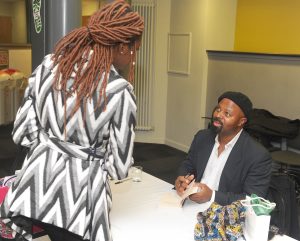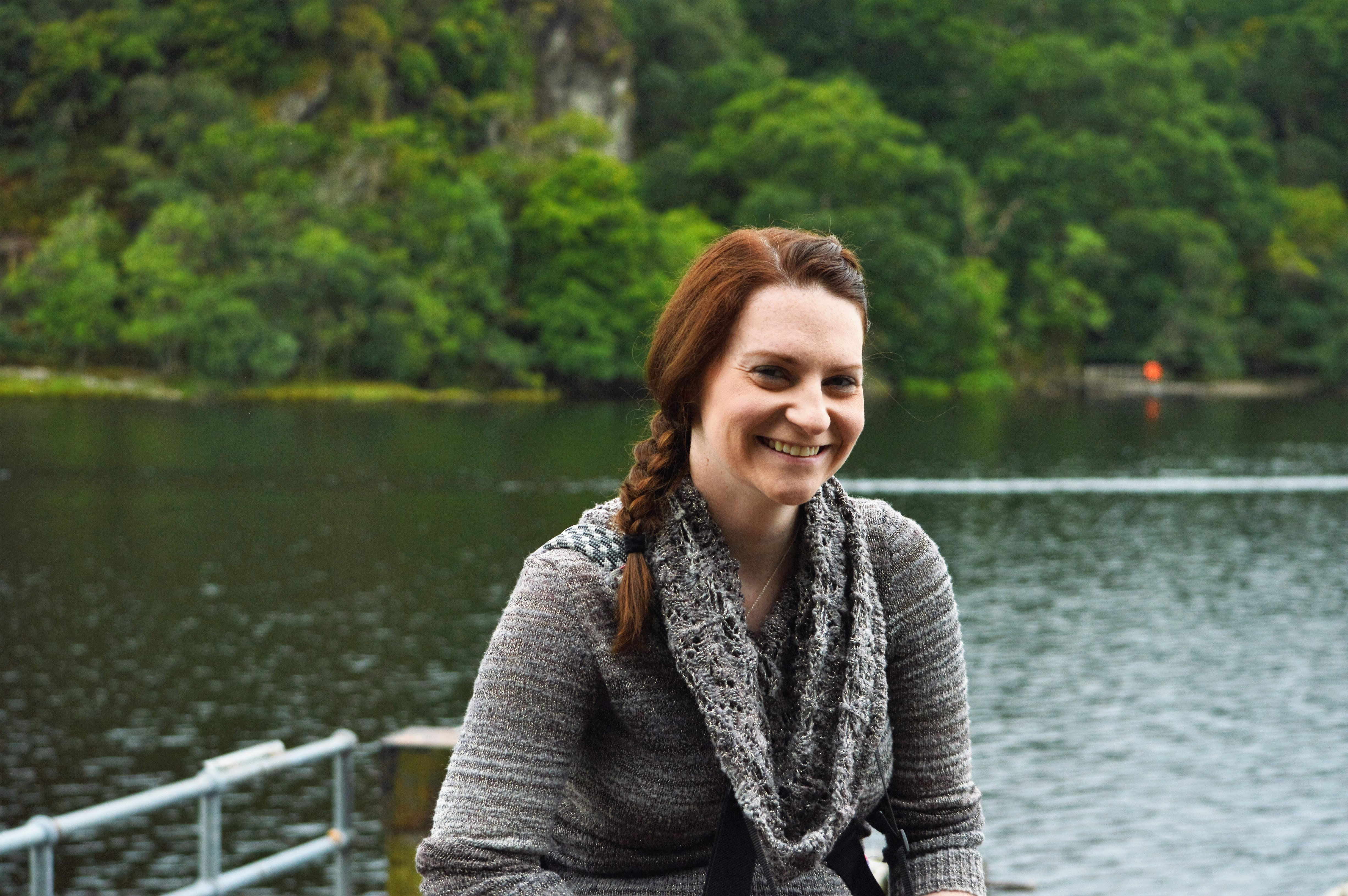 Who would have ever thought that one of the most prestigious British book awards may be given according to one, simple criteria: “the best novel in the opinion of the judges”? The uniqueness of the Man Booker Prize lies also in the jury which is not (as someone would predict) contained only of literary critics or professors of literature – but also readers reflecting multiple backgrounds: politicians, actors or journalists. Honesty and simplicity that is expressed in this prize seem convincing even for me, a rebel always skeptical to the tastes of highly regarded authorities. And it must mean something.
Who would have ever thought that one of the most prestigious British book awards may be given according to one, simple criteria: “the best novel in the opinion of the judges”? The uniqueness of the Man Booker Prize lies also in the jury which is not (as someone would predict) contained only of literary critics or professors of literature – but also readers reflecting multiple backgrounds: politicians, actors or journalists. Honesty and simplicity that is expressed in this prize seem convincing even for me, a rebel always skeptical to the tastes of highly regarded authorities. And it must mean something.
The general idea behind the prize is to encourage readers to read the winning book – and a true success of it can be measured by the increase of its sales. Every year since 1969 winners are granted with £50,000 for their books published in The United Kingdom, which makes it one of the richest prizes in the world. In addition to the main prize since 2005 there has been the International Man Booker Prize awarded to those whose work’s translations appeared in English. The money are shared between the international author and the translator of the book. The winner of the International Man Booker Prize was announced earlier this year – “The Vegetarian” by Korean author Han Kang, a story about woman embracing her idea of living “plant-like” existence, translated by Deborah Smith, a founder of non-for-profit Tilted Axis Press.
In 2016 we can be sure that satire is still alive. On 25th of October Paul Beatty became the first American winner of The Man Booker Prize. Two years ago the prize changed its rules and opened to authors from outside the Commonwealth, what makes his winning even more significant. His winning book, “The Sellout”, “takes aim at racial and political taboos with wit, verve and snarl”, and is, as described by judges, “a novel for our times”. Parodying racial stereotypes, Beatty presents the story of Bonbon, African-American living in Dickens, Los Angeles, and his struggles with accusation of reintroducing slavery and segregation in a local high school. The author has received the trophy from the hands of the Duchess of Cornwall. A victory of Paul Beatty is also a victory of small and independent trade publisher – Oneworld. Based in London and active since 1986, Oneworld presents novels advertised as “intelligent, challenging and distinctive”. I could not imagine better gift for the year of their 30th anniversary.
The Man Booker Prize for Paul Beatty is also a great disappointment for the raised hopes for Graham Macrae Burnet’s “His Bloody Project” published by Contraband, the crime imprint of Saraband. It was the bestselling novel on the shortlist and had the best recognition amongst its rivals. A Man Booker Prize would be the true icing on the cake – “His Bloody Project” translation rights in six countries as well as film and TV adaptation permissions were sold. The publisher is struggling now to meet the demands for the books.
But in the terms of the mission of the prize, we can easily say that it is completed – sales for all the nominated books has risen, which proves its real impact on the readership and readers’ choices.



 Mention the name Hodder Gibson to anyone who was educated in Scotland and there are immediate flashbacks to countless hours spent revising with their past papers. So when Peter Dennis, Managing Director at Hodder Gibson arrived on Thursday afternoon, it was like a blast from the past for many of us.
Mention the name Hodder Gibson to anyone who was educated in Scotland and there are immediate flashbacks to countless hours spent revising with their past papers. So when Peter Dennis, Managing Director at Hodder Gibson arrived on Thursday afternoon, it was like a blast from the past for many of us.





